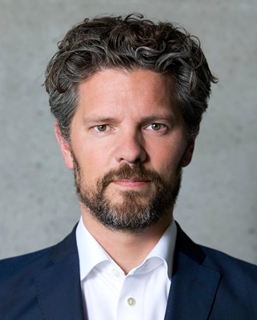Description
(EN/FR) Cities are on the frontlines of dealing with interconnected challenges, from working with associations to provide food and housing to the poor to partnering with organisations to find jobs for refuges and make public services greener. Cities are the most affected by a variety of social issues, including long existing ones (e.g. income inequalities, unemployment among disadvantaged groups, poverty) and those arising out of the current crises such as climate change, refugees, economic downturn, food security, housing, etc. Social economy entities have long provided locally rooted solutions for these social problems. Cities are also at the forefront of implementing policy measures to support their communities and citizens through the social economy.
This session will explore the role of local authorities in developing a collaborative and enabling space for social economy actors. The panel will address the potential of bottom-up, coordinated solutions and partnerships to unlock the potential of social economy at the local level, especially in a time of significant change.
The panel will discuss:
• What role can the social economy play in helping mayors respond to shocks to better address longstanding challenges and prepare for future transitions?
• What are cities already doing to support the social economy in this role?
• What are the lessons learned from current and past collaborations between cities and social and solidarity economy actors?










